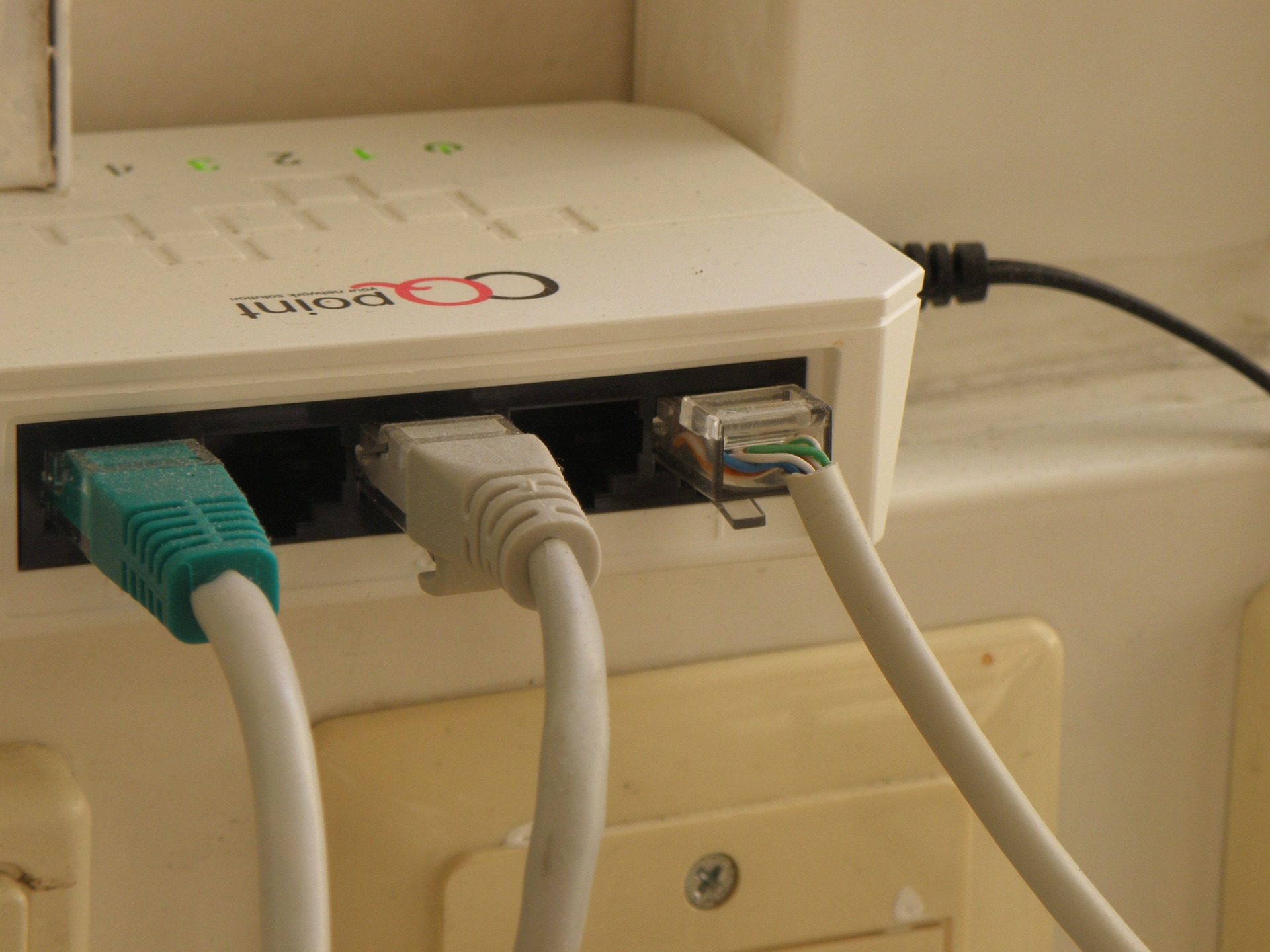Decoding the Enigma of VoIP: An In-depth Look into the Future of Telecommunication
In a world that is rapidly digitizing, the realm of telecommunications is not far behind. One of the key players in this digital revolution is Voice over Internet Protocol (VoIP), a technology that has significantly transformed the way we communicate. This article will delve into the fascinating world of VoIP, discuss its impact, and explore its potential future applications.

The Origin and Evolution of VoIP
VoIP, or Voice over Internet Protocol, is a technology that allows voice communications and multimedia sessions to be delivered via the internet. This technology began to take shape in the 1970s. It was an ambitious venture, considering the internet was still in its infancy at that point. The first successful VoIP call was made in 1974 using a packet network system. Since then, VoIP has grown phenomenally. Technological advancements have allowed VoIP to provide high-quality voice transmission, making it a viable alternative to traditional telephony systems.
Current Industry Trends and Regulatory Changes
The VoIP industry is currently experiencing a growth spurt, propelled by the increased need for remote communication during the pandemic. The trend towards remote work and the growing popularity of cloud-based services have fueled VoIP’s growth. Regulatory changes have also played a role in shaping the industry. Many countries are reevaluating their telecom regulations to accommodate VoIP services, recognizing the technology’s potential to revolutionize communication.
Impact and Practical Applications of VoIP
VoIP’s impact is far-reaching. It has made communication more accessible and cost-effective, particularly for businesses. Its flexibility and scalability make it an attractive choice for organizations of all sizes. For instance, call centers extensively use VoIP services to manage customer queries efficiently. In terms of practical applications, VoIP is not just about voice calls. It also supports video conferencing, instant messaging, and even fax transmissions.
The Challenges Ahead
Despite its many benefits, VoIP also presents some challenges. The most significant of these is the dependency on a reliable internet connection. VoIP’s quality of service can drop drastically with a weak or inconsistent internet connection. Security is another concern, as VoIP calls can be vulnerable to cyber threats like hacking and eavesdropping.
Looking Ahead: The Future of VoIP
As the digital transformation continues, the future of VoIP looks promising. Emerging technologies like Artificial Intelligence (AI) and Machine Learning (ML) are expected to elevate VoIP services to new heights. AI can enhance VoIP systems by enabling intelligent call routing, predictive analysis, and advanced speech recognition. The convergence of these technologies may well redefine the future of telecommunications.
In conclusion, VoIP is a powerful tool that has reshaped the telecommunications landscape. As we move ahead, we can expect to see VoIP continuing to evolve and play a significant role in our digital future.




